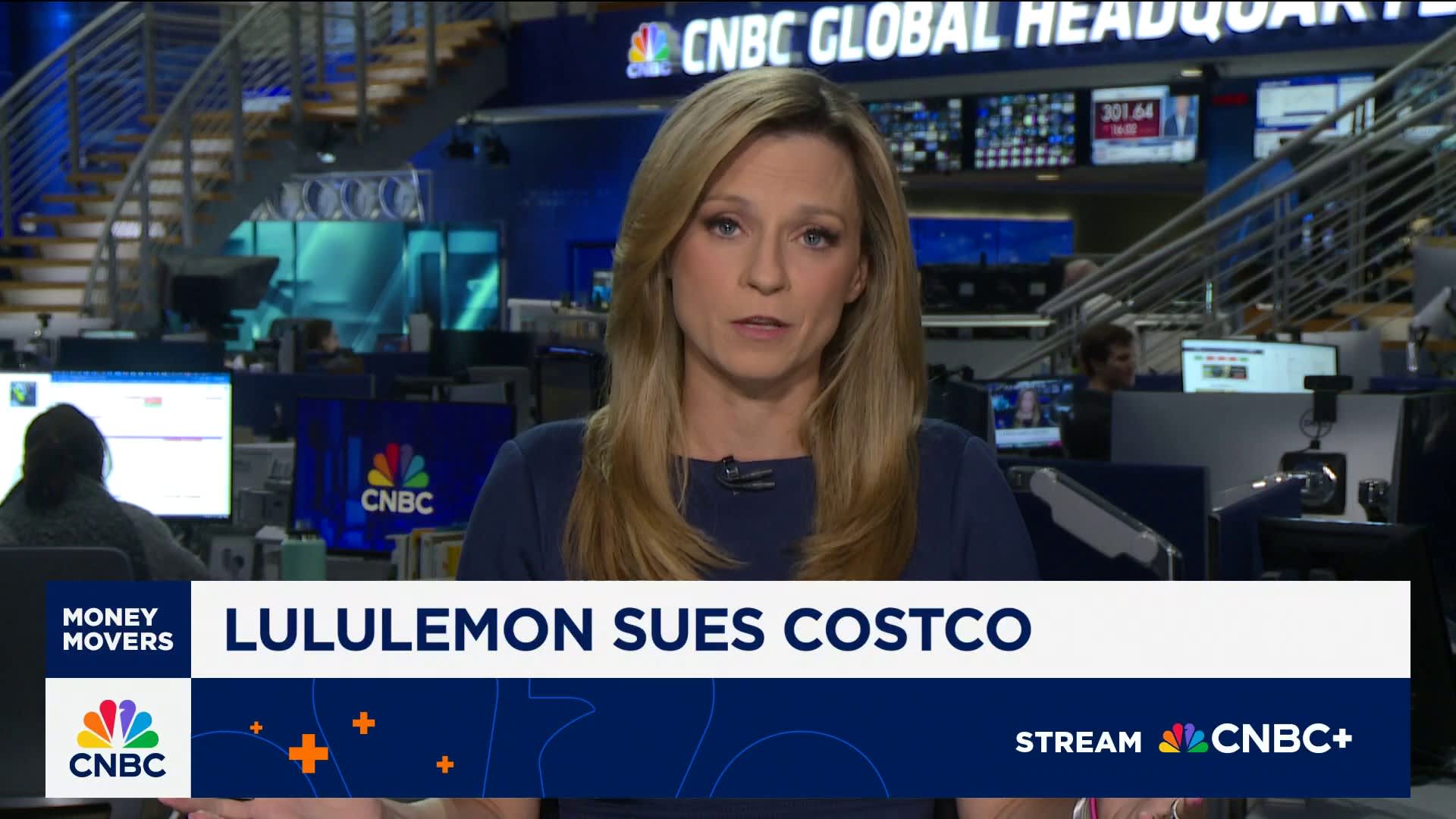Lululemon Athletica has filed a lawsuit against Costco Wholesale Corporation, accusing the retail giant of trademark infringement. The legal battle, which was announced on October 15, 2023, centers around allegations that Costco has been selling imitation Lululemon products without authorization. This move marks a significant step by Lululemon to protect its brand identity and market share in the competitive athletic apparel industry.
The lawsuit claims that Costco has been marketing and selling products that closely resemble Lululemon’s iconic designs, potentially misleading consumers and damaging Lululemon’s brand reputation. The complaint, filed in a California federal court, seeks to halt the sale of these products and demands financial compensation for damages incurred.
Background of the Dispute
This legal action is not the first time Lululemon has taken steps to defend its brand. The company, known for its high-quality yoga pants and activewear, has previously engaged in legal battles to protect its intellectual property. In 2012, Lululemon sued Calvin Klein for patent infringement over yoga pants designs, a case that was eventually settled out of court.
Costco, on the other hand, is no stranger to legal challenges from high-end brands. The wholesale retailer has faced similar lawsuits in the past, including a notable case with Tiffany & Co. over the sale of counterfeit diamond rings. Despite these legal challenges, Costco has continued to thrive, maintaining its position as a leading retailer in the United States.
Expert Opinions and Industry Impact
Industry experts suggest that Lululemon’s lawsuit against Costco could have broader implications for the retail sector. According to Susan Scafidi, a professor of fashion law at Fordham University, “This case highlights the ongoing tension between luxury brands and discount retailers. It underscores the importance of protecting brand identity in an era where imitation products are increasingly common.”
“The outcome of this lawsuit could set a precedent for how similar cases are handled in the future, particularly in the realm of trademark protection,” Scafidi added.
For Lululemon, the lawsuit is part of a broader strategy to maintain its premium brand image and market position. The company has been expanding its product lines and opening new stores globally, aiming to capture a larger share of the growing activewear market.
Historical Parallels and Consumer Behavior
The Lululemon-Costco lawsuit is reminiscent of past legal battles between luxury brands and discount retailers. In 2013, Yves Saint Laurent sued Forever 21 over similar trademark issues, a case that was closely watched by the fashion industry. These disputes often raise questions about consumer behavior and the value of brand authenticity.
In today’s market, consumers are increasingly savvy, seeking both quality and value. While some are willing to pay a premium for authentic products, others are drawn to lower-priced alternatives that offer similar aesthetics. This dynamic presents both challenges and opportunities for brands like Lululemon, which must navigate the delicate balance between exclusivity and accessibility.
Looking Ahead: Potential Outcomes and Implications
The outcome of Lululemon’s lawsuit against Costco remains uncertain, but the case is likely to have significant implications for both companies. If Lululemon prevails, it could deter other retailers from selling imitation products, reinforcing the importance of trademark protection. Conversely, a ruling in favor of Costco could embolden discount retailers to continue offering similar products, potentially reshaping the competitive landscape.
As the case unfolds, industry observers will be watching closely to see how it influences future legal battles and consumer perceptions. For now, Lululemon remains committed to defending its brand, with the lawsuit serving as a clear signal of its determination to uphold its market position.
The next steps in the legal process will involve court proceedings and potential negotiations between the two parties. Regardless of the outcome, the case underscores the ongoing challenges faced by brands in protecting their intellectual property in a rapidly evolving retail environment.
